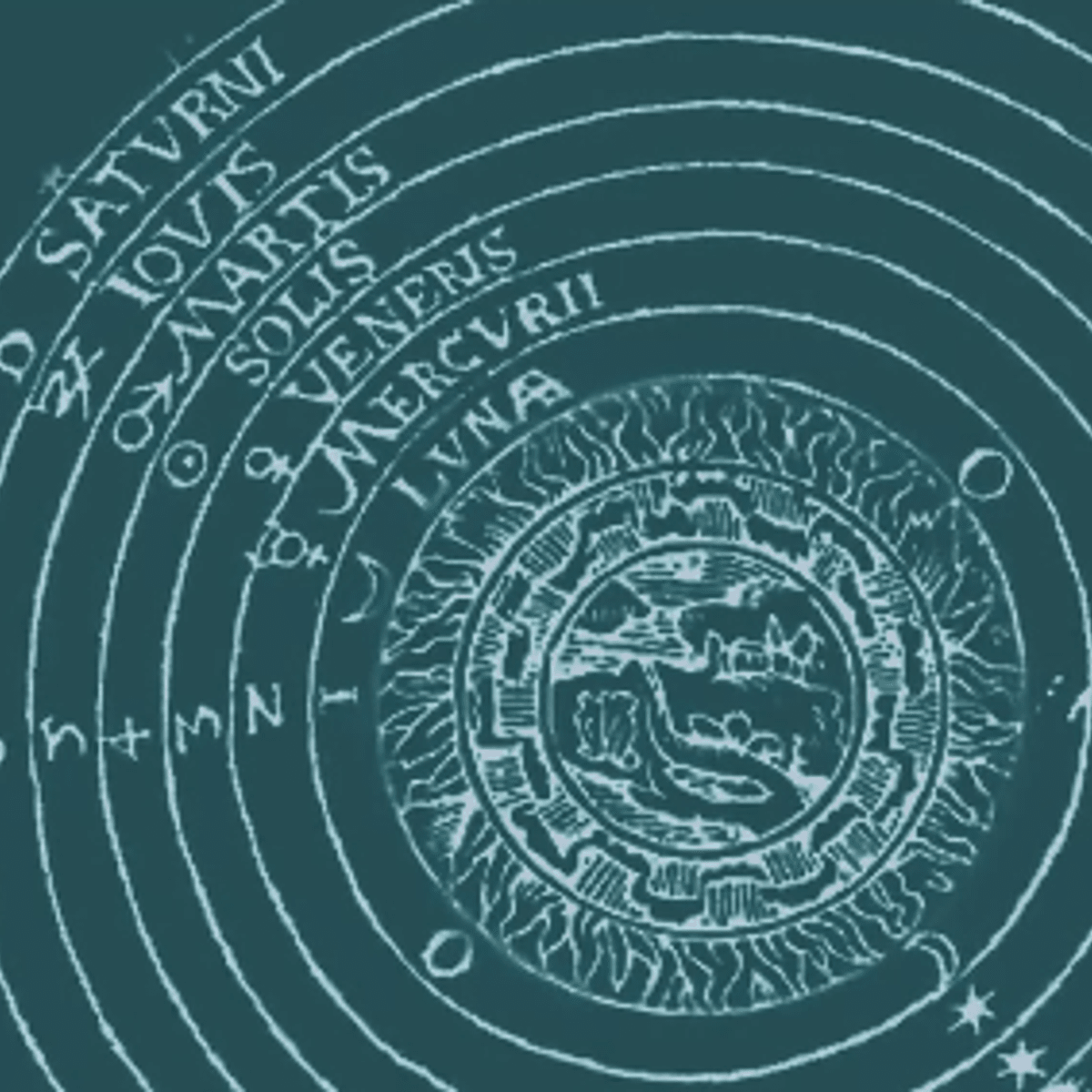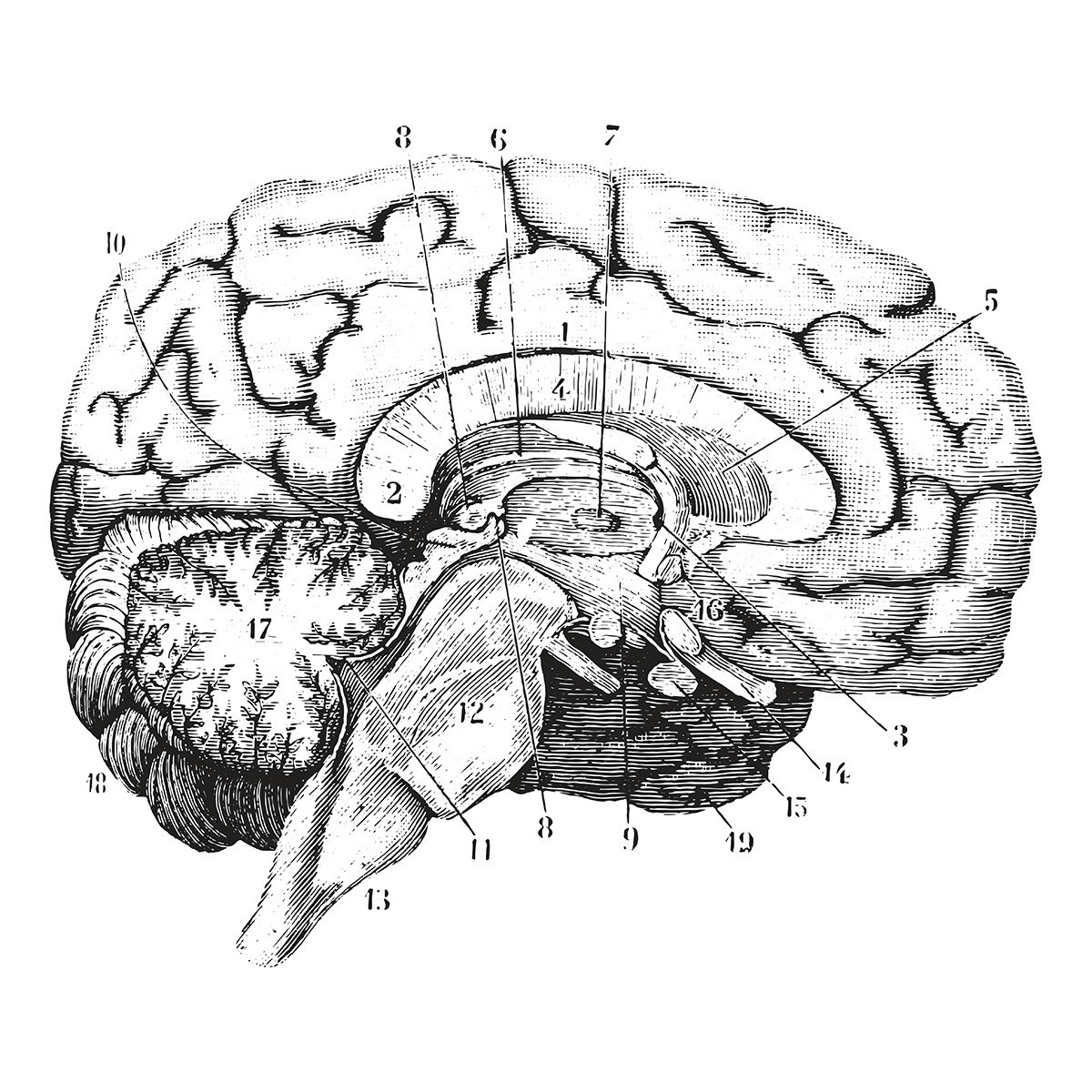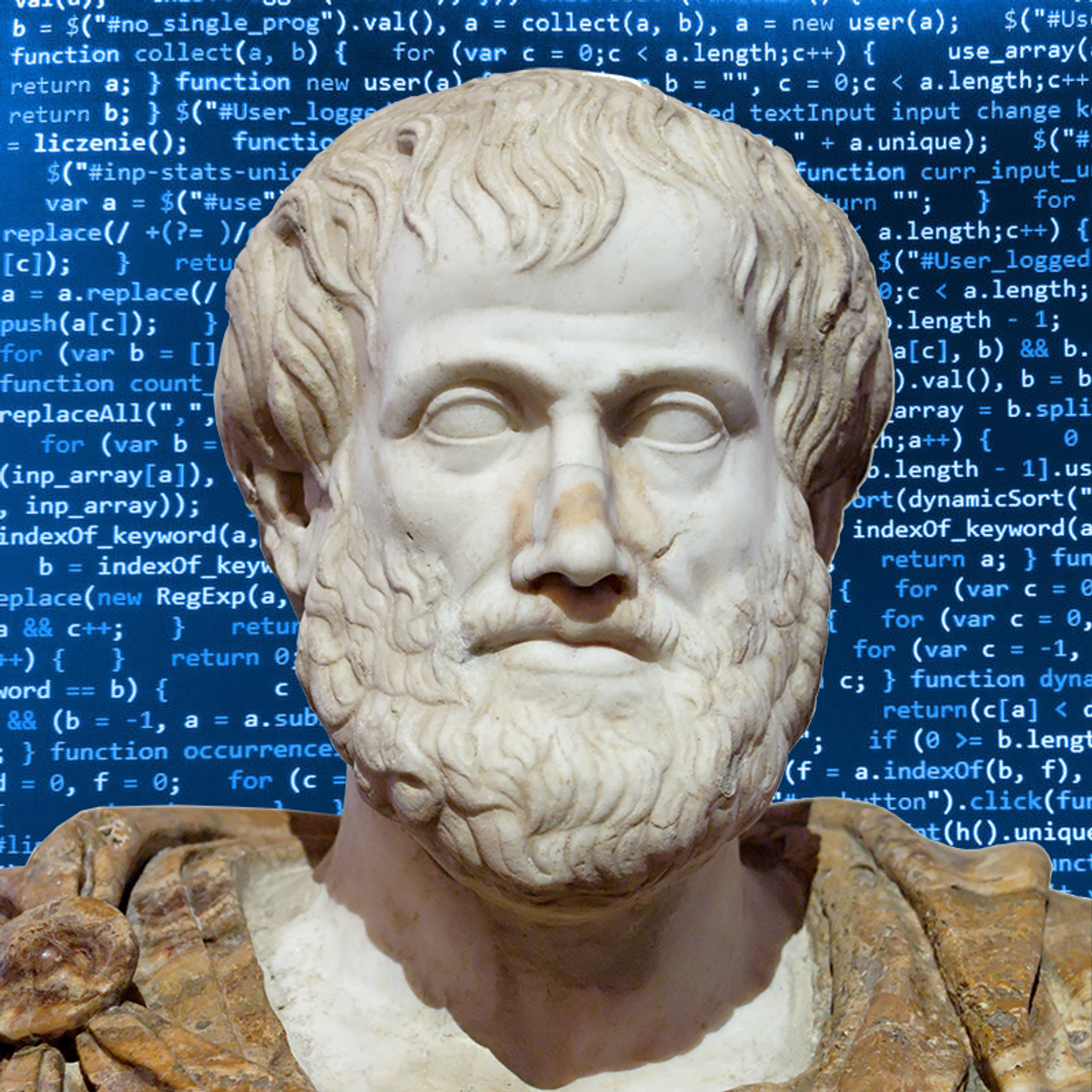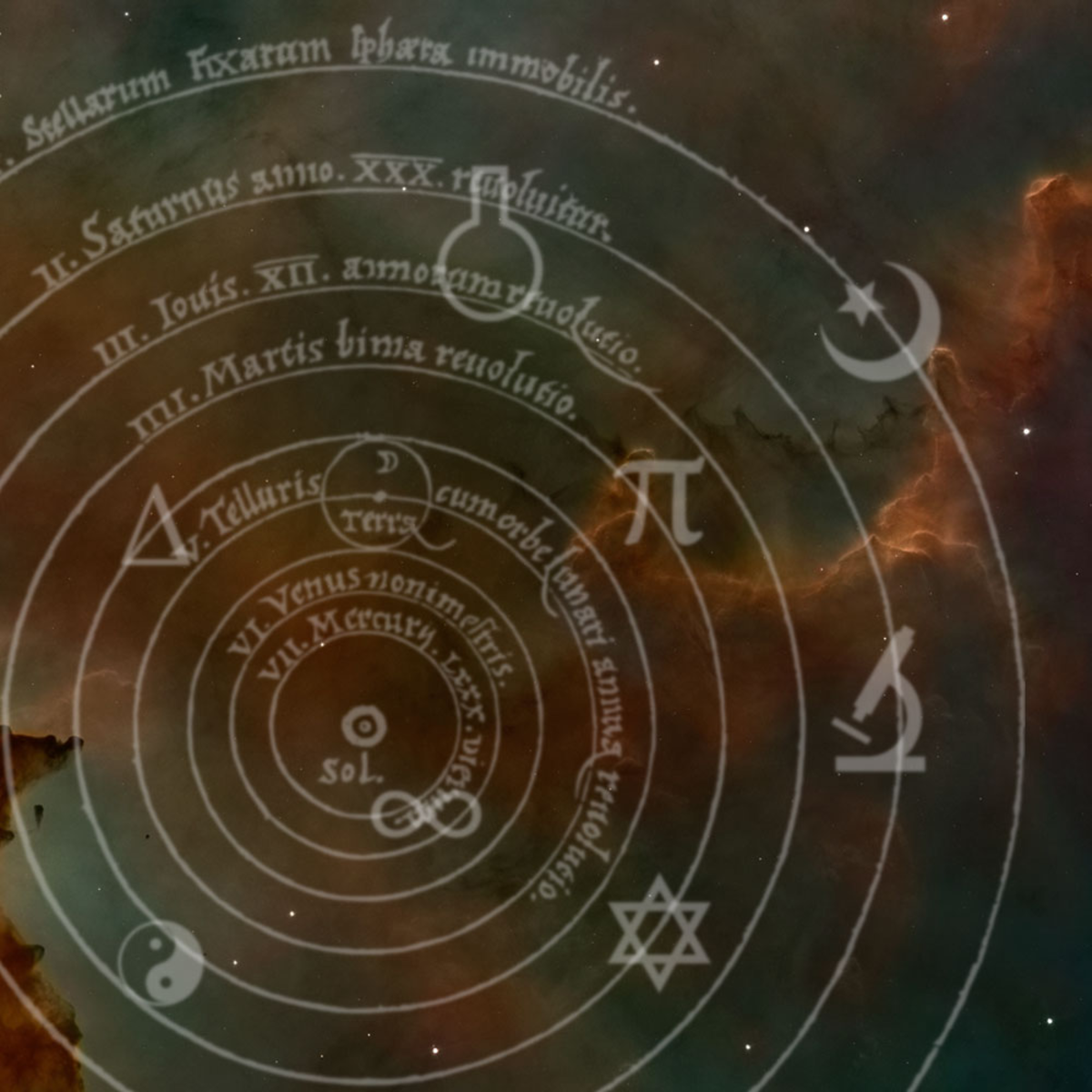Back to Courses









Philosophy Courses - Page 5
Showing results 41-50 of 81

Question Reality: Cosmos
This course explores the concept of reality and the physics of the sky. You will travel through the philosophies and worldviews of early civilizations to the time of early scientists such as Plato, Aristotle, and Copernicus.
You will learn how Galileo's findings with the telescope challenged the Aristotelian interpretation of the cosmos, about Galileo’s revolutionary conclusions on gravity, and Newton's universal law of gravitation.
This course will also introduce you to the scientific methods and their limitations. You will also explore the properties and behaviors of homemade pendulums.
Next, you will explore modern ideas of cosmology, of the Big Bang, and even recent speculations that our universe is not all there is. Mysteries and properties of light and how they were discovered, questioned, and confirmed through experiments over the past few hundred years through the present will also be discussed.

South Asian Religions & Ecology
At first glance the fields of religion and ecology may seem and unlikely pairing, but a deeper consideration reveals the two have a great deal to contribute to one another and are indeed inextricably linked. Religions recognize the unity and interdependence of humans with nature. Ecological sciences affirm this deep interconnection with the natural world. This partnership can inspire work for the wellbeing of the Earth community
There is a need for broader literacy and deeper knowledge of the world’s religions and their ecological contributions. This specialization, "Religions and Ecology: Restoring the Earth Community", contributes such a perspective. Each course celebrates the vitality of religiously-informed action for the Earth and recognizes the longstanding contributions of Indigenous peoples in offering visions and practices for ecological flourishing.
This course is part 3 of 5 of the "Religions and Ecology: Restoring the Earth Community" specialization that focuses on the ecological dimensions of religious traditions throughout the world.
The course you are about to begin is designed as a gateway to these aspects of the South Asian religions, philosophies, and practices of Hinduism, Jainism, Yoga, Buddhism, Sikhism, and Baha’i Faith. So much has emerged in the last several decades in this area, as you will see. While we have taught this course at Yale, we have adapted it for learners from a wide range of backgrounds.
This course is for lifelong learners curious to know more about world religions and ecology, environmental professionals eager to deepen the discourse of environmental protection and conservation, those working with non-profit organizations and NGOs on issues of ecological justice, and religion leaders and laity who wish to know how they can contribute to interreligious dialogue on environmental projects.

Philosophy of Science
For the last four centuries, scientists have aimed to provide us with an understanding of the world around us. By all appearances, science has made substantial progress during this time. But is this progress real or illusory? And if it is real, how has this progress been made? This four-week course will consider these important questions. Specific topics will include how scientists generate knowledge through observations, experiments, and simulations; scientific objectivity and failures of scientific objectivity; the self-correcting nature of the scientific community; the positive and negative influences that values can have on science; the relationship between science and religion; and the role of the public in guiding the scientific enterprise.

Ethical Issues in Data Science
Computing applications involving large amounts of data – the domain of data science – impact the lives of most people in the U.S. and the world. These impacts include recommendations made to us by internet-based systems, information that is available about us online, techniques that are used for security and surveillance, data that is used in health care, and many more. In many cases, they are affected by techniques in artificial intelligence and machine learning.
This course examines some of the ethical issues related to data science, with the fundamental objective of making data science professionals aware of and sensitive to ethical considerations that may arise in their careers. It does this through a combination of discussion of ethical frameworks, examination of a variety of data science applications that lead to ethical considerations, reading current media and scholarly articles, and drawing upon the perspectives and experiences of fellow students and computing professionals.
Ethical Issues in Data Science can be taken for academic credit as part of CU Boulder’s Master of Science in Data Science (MS-DS) degree offered on the Coursera platform. The MS-DS is an interdisciplinary degree that brings together faculty from CU Boulder’s departments of Applied Mathematics, Computer Science, Information Science, and others. With performance-based admissions and no application process, the MS-DS is ideal for individuals with a broad range of undergraduate education and/or professional experience in computer science, information science, mathematics, and statistics. Learn more about the MS-DS program at https://www.coursera.org/degrees/master-of-science-data-science-boulder.

Old Norse Mythology in the Sources
This course is an introduction to the religion of the Vikings as it is recorded in Old Norse and Scandinavian literature from the medieval period. You will learn about the different written sources and what they can teach us about pre-Christian religion in northern Europe in the Viking Age. The course surveys the primary collection of Old Norse poetry about the pre-Christian Scandinavian gods, the Poetic Edda. We will also work with the main collections of stories about the Old Norse gods in prose: Snorri Sturluson's Edda and Saxo's History of the Danes.

The Modern and the Postmodern (Part 1)
This course examines how the idea of "the modern" develops at the end of the 18th century in European philosophy and literature, and how being modern (or progressive, or hip) became one of the crucial criteria for understanding and evaluating cultural change. Are we still in modernity, or have we moved beyond the modern to the postmodern?

The Ethical Leader
This aims primarily at post-baccalaureate students interested in leadership theory and ethical leadership.
The first part of this course introduces students to the classical literature in philosophical ethics, including consequentialist, regularian, deontological, and virtue theory approaches. This includes exploration of the ethical responsibilities leaders have toward themselves, corporations, the government, and the public. In the second part of the course, students apply decision- making frameworks, drawing from theories of leadership, and gain experience in decision-making surrounding ethical issues. Finally, students will consider the moral challenges that artificial intelligence poses to ethical leaders.
This is one course in the Coursera specialization, Leadership: An Introduction. It examines the latest trends in leadership theory invoking several disciplines, including business, sociology, philosophy, history, and psychology.
To complete this course successfully students should be able to analyze college-level readings and audio/visual presentations into understandable parts, including premises and conclusions; synthesize the results of the analysis into coherent and accurate summaries; and evaluate the results for accuracy and practical applicability.
Upon successful completion of the course, students will be able to
• Identify ethical principles for leadership practices
• Compare theories of leadership in terms of their ethical strengths and weaknesses
• Apply ethical principles for leadership practices
• Compare and contrast industry standards and techniques of ethical leadership practices

Know Thyself - The Value and Limits of Self-Knowledge: The Unconscious
A challenging but fascinating topic on the way to achieving self-knowledge is the unconscious. For well over a century, psychologists, philosophers, and many others have posited a level of mentality that is not immediately open to introspection; some would even say that certain unconscious elements cannot be known through introspection. This course will examine some of the most influential ideas about the unconscious starting with the work of Sigmund Freud, and follow the development of theories of the unconscious all the way to present research in experimental psychology. But be warned: some of the things you may learn about your unconscious mind may be surprising, and possibly even disturbing!
---
This course was created by a partnership between The University of Edinburgh and Humility & Conviction and Public Life Project, an engaged research project based at the University of Connecticut and funded by a generous grant from the John Templeton Foundation.
Think Again IV: How to Avoid Fallacies
We encounter fallacies almost everywhere we look. Politicians, salespeople, and children commonly use fallacies in order to get you to think whatever they want you to think. It’s important to learn to recognize fallacies so that you can avoid being fooled by them. It’s also important to learn about fallacies so that you avoid making fallacious arguments yourself. This course will show you how to identify and avoid many of the fallacies that lead people astray.
In this course, you will learn about fallacies. Fallacies are arguments that suffer from one or more common but avoidable defects: equivocation, circularity, vagueness, etc. It’s important to learn about fallacies so that you can recognize them when you see them, and not be fooled by them. It’s also important to learn about fallacies so that you avoid making fallacious arguments yourself.
Suggested Readings
Students who want more detailed explanations or additional exercises or who want to explore these topics in more depth should consult Understanding Arguments: An Introduction to Informal Logic, Ninth Edition, Concise, Chapters 13-17, by Walter Sinnott-Armstrong and Robert Fogelin.
Course Format
Each week will be divided into multiple video segments that can be viewed separately or in groups. There will be short ungraded quizzes after each segment (to check comprehension) and a longer graded quiz at the end of the course.

Philosophy, Science and Religion: Philosophy and Religion
Philosophy, Science and Religion mark three of the most fundamental modes of thinking about the world and our place in it. Are these modes incompatible? Put another way: is the intellectually responsible thing to do to ‘pick sides’ and identify with one of these approaches at the exclusion of others? Or, are they complementary or mutually supportive? As is typical of questions of such magnitude, the devil is in the details. For example, it is important to work out what is really distinctive about each of these ways of inquiring about the world. In order to gain some clarity here, we’ll be investigating what some of the current leading thinkers in philosophy, science and religion are actually doing.
This course, entitled ‘Philosophy and Religion’, is the second of three related courses in our Philosophy, Science and Religion Online series, and in this course we will ask important questions about the age-old debate between science and religion, such as:
• What kind of conflicts are there between religion and science?
• Does current cognitive science of religion effectively explain away God?
• If there is a God who has made us so that we can know him, why do some people not believe?
• Is belief in science also a kind of fundamentalism?
• What makes us good at getting, giving, or sharing, knowledge? Is this different when it is religious knowledge?
The first course in the Philosophy, Science and Religion series, 'Science and Philosophy' was launched early in 2017 and you can sign up to it at any time. The third course —‘Religion and Science’—will be launched early in 2018. Completing all three courses will give you a broader understanding of this fascinating topic. Look for:
• Philosophy, Science and Religion I: Science and Philosophy https://www.coursera.org/learn/philosophy-science-religion-1/
• Philosophy, Science and Religion III: Religion and Science
Upon successful completion of all three courses, students will:
(1) Understand the main parameters at stake in the current debate between science and religion.
(2) Have some familiarity with the relevant areas of science that feature in the debate—including cosmology, evolution, and the neurosciences—and will have begun to engage with them conceptually.
(3) Have encountered key philosophical approaches to the interface between science and religion, and will have had the opportunity to engage them in practice.
(4) Have embarked constructively in cross-disciplinary conversations.
(5) Have demonstrated an openness to personal growth through a commitment to dialogue across intellectual and spiritual boundaries.
You can also follow us on Twitter at https://twitter.com/EdiPhilOnline and you can follow the hashtag #psrmooc
Popular Internships and Jobs by Categories
Find Jobs & Internships
Browse
© 2024 BoostGrad | All rights reserved